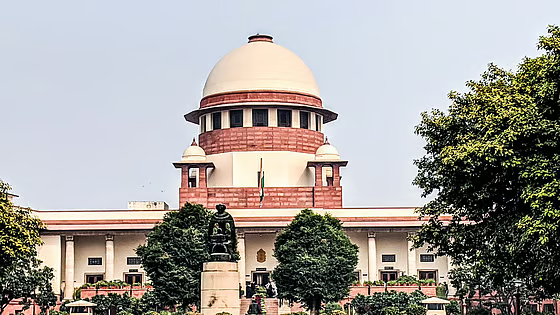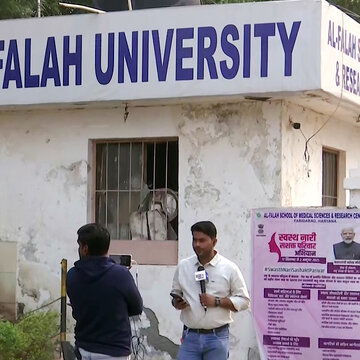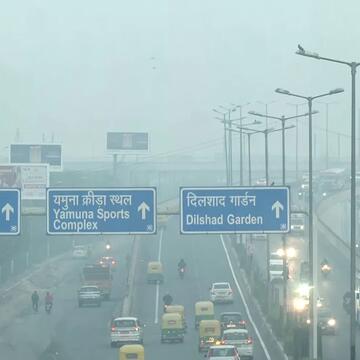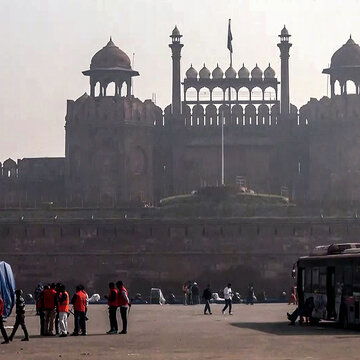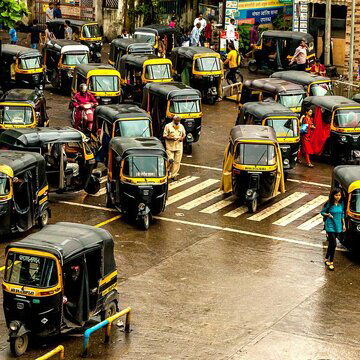On a morning when Delhi’s air once again slipped deep into the “very poor” zone, 359, the Supreme Court delivered a strong judgment that the Capital cannot be in a “standstill” in the name of clean air.
A bench led by Chief Justice of India Bhushan R Gavai refused pleas for sweeping bans such as a year-round halt on construction or curbs on private vehicles.
“We cannot bring everything to a standstill… There cannot be a complete stoppage of all activities,” the CJI said, responding to senior advocate Gopal Sankaranarayanan’s argument that Delhi had turned into a “gas chamber” and required “drastic steps.”
ALSO READ| 'Operation Sindoor was only trailer...' Army Chief warns Pakistan over cross-border terror
“We have to also think of migrants from Bihar and Uttar Pradesh who are here to work and are daily wagers. The solution proposed cannot be worse than the problem,” the bench observed.
SC hears plea as city nears ‘severe’ AQI category
Notably, Delhi’s air is once again teetering close to the “severe” category, with forecasts predicting a spike between November 17 and 19. Under the Graded Response Action Plan (Grap), restrictions have remained at Stage III since November 11.
But the bench made it clear that Grap exists for a reason. “We do not possess expertise in this field,” the judges noted. “Restriction on activities in Delhi in a graded manner is based on AQI levels and scientific evidence.”
When Sankaranarayanan urged the court to “take a bold decision” and shut even activities allowed under Grap-I year-round, the CJI pushed back sharply.
“Otherwise, the courts will also have to stop,” he remarked dryly, when the senior counsel suggested that judicial functioning should shift fully online.
Meanwhile, amicus curiae Aparajita Singh highlighted Punjab’s declining stubble-burning numbers versus NCR’s nearly unchanged pollution levels. Equipment had been provided to farmers, she said, but either it was not being used effectively, or fires were continuing in ways that neutralised progress.
ALSO READ| Copycat shoe bomber? NIA probes if Red Fort blast mirrored 2001 flight plot
“The Union can take on board all the stakeholders and come up with some concrete steps – not temporary, but something long-term to provide lasting relief,” the bench agreed.
The Supreme Court also directed the chief secretaries of Punjab and Haryana to ensure strict compliance with the November 13 directives of the Commission for Air Quality Management.


